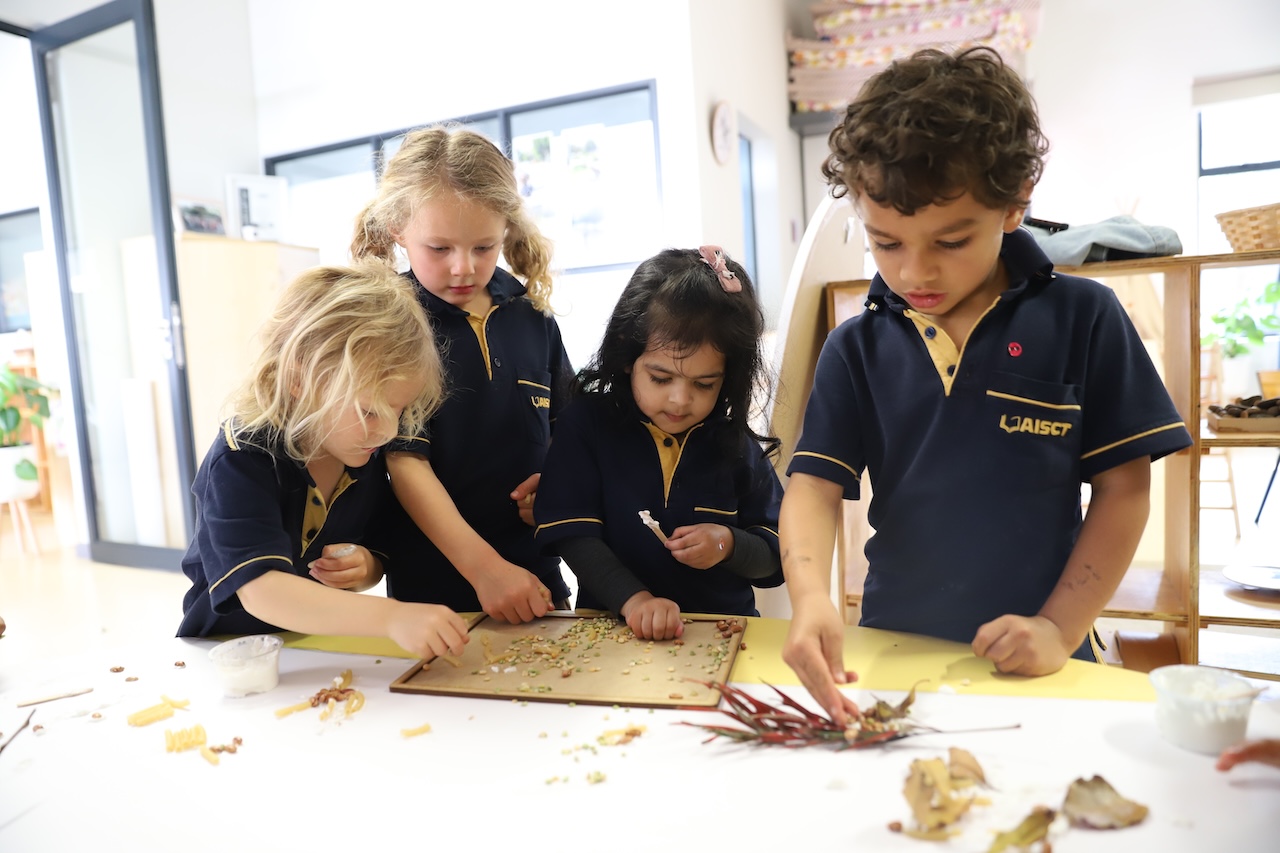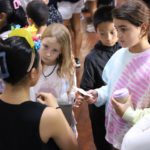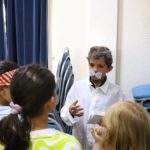Experiential learning allows students to put the knowledge and skills they gain in the classroom into practice outside of the classroom. It is most effective when learning can be applied to real-world situations and examples. Recently, students in the Elementary School at the American International School of Cape Town (AISCT) had the opportunity to do just this.
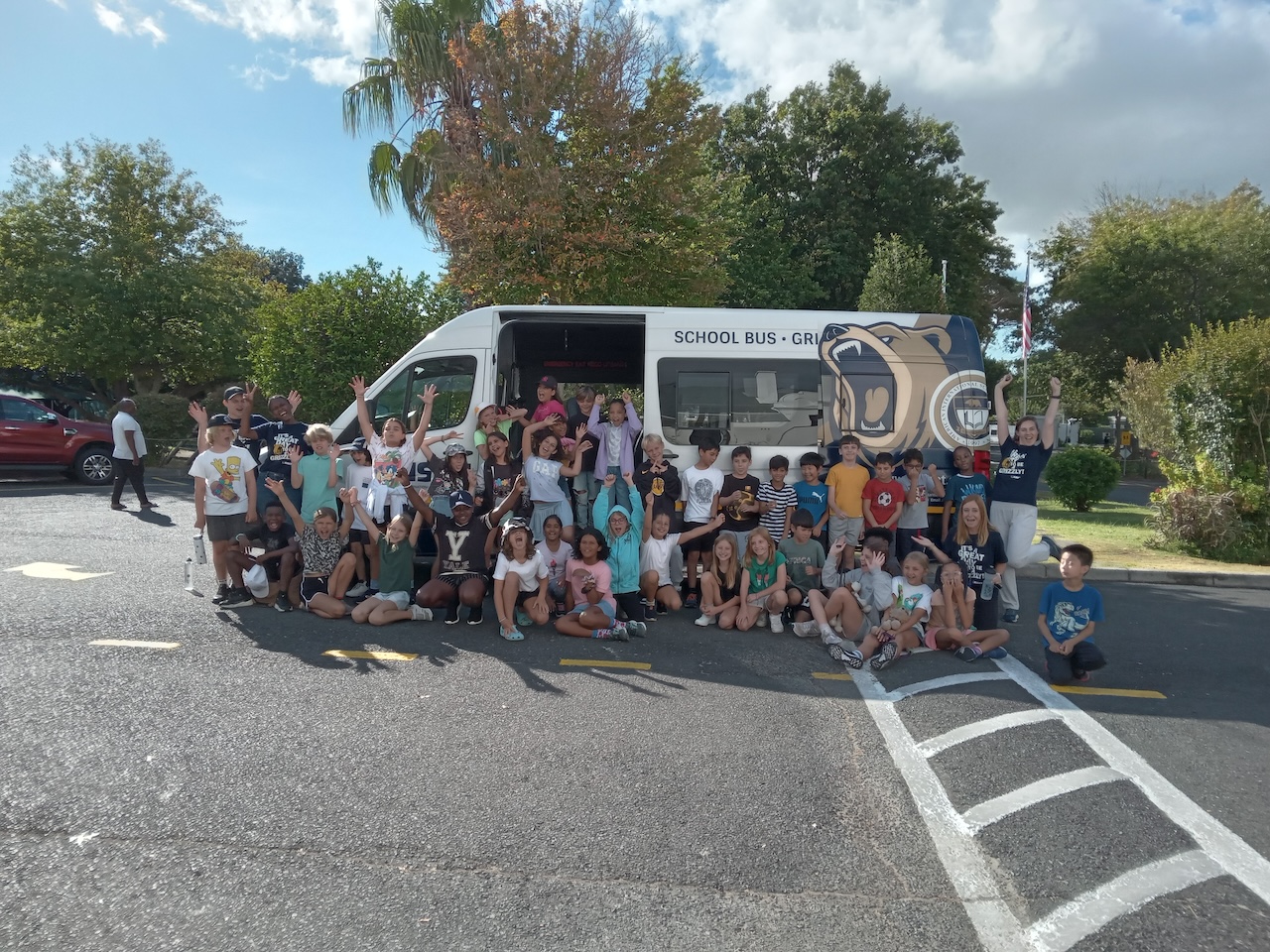
The Importance of Experiential Learning for Elementary School Children
Experiential learning plays a crucial role in the development of elementary school children by turning abstract concepts into real-world experiences. This hands-on approach enhances understanding and retention and helps children build essential life skills like critical thinking, problem-solving, and teamwork. Through activities such as outdoor explorations, science experiments, and creative projects, students make meaningful connections to what they are learning in the classroom. Experiential learning also nurtures curiosity, independence, and adaptability while accommodating different learning styles, ensuring that all children can thrive in their own unique way. This active, engaging method is key to helping young learners grow and succeed, both academically and personally.
Experience in Natural Sciences & Community Development: Building Skills for Future Growth
The Grade 5 students at AISCT recently joined forces with ARKYS Outreach NPC Tembo mentors to gain hands-on experiential learning while contributing to their community projects. ARKYS Outreach NPC’s vision is to “empower change.” It has a wide range of programs working at the local community level that involve education and development, conservation of the natural environment, and animal welfare. Having recently studied ecosystems in their classroom studies, our Grade 5 students learned about the importance of biodiversity, pollinators, and unpolluted water sources.
Students connected their classroom learning to their real-life experiences with ARKYS when they collectively donated thirty-five plants (sourced locally at Fynbos LIFE [Locally Indigenous Flora Education] to ensure the correct vegetation was planted) to ARKYS’s bee habitat rehabilitation project. Students also had the opportunity to conduct three separate miniSASS assessments of the Bokramspuit River to be submitted as part of the Citizen Science initiative. Our young Grizzly students also worked hard to help bolster the Slangkop Troop’s access to indigenous flora.
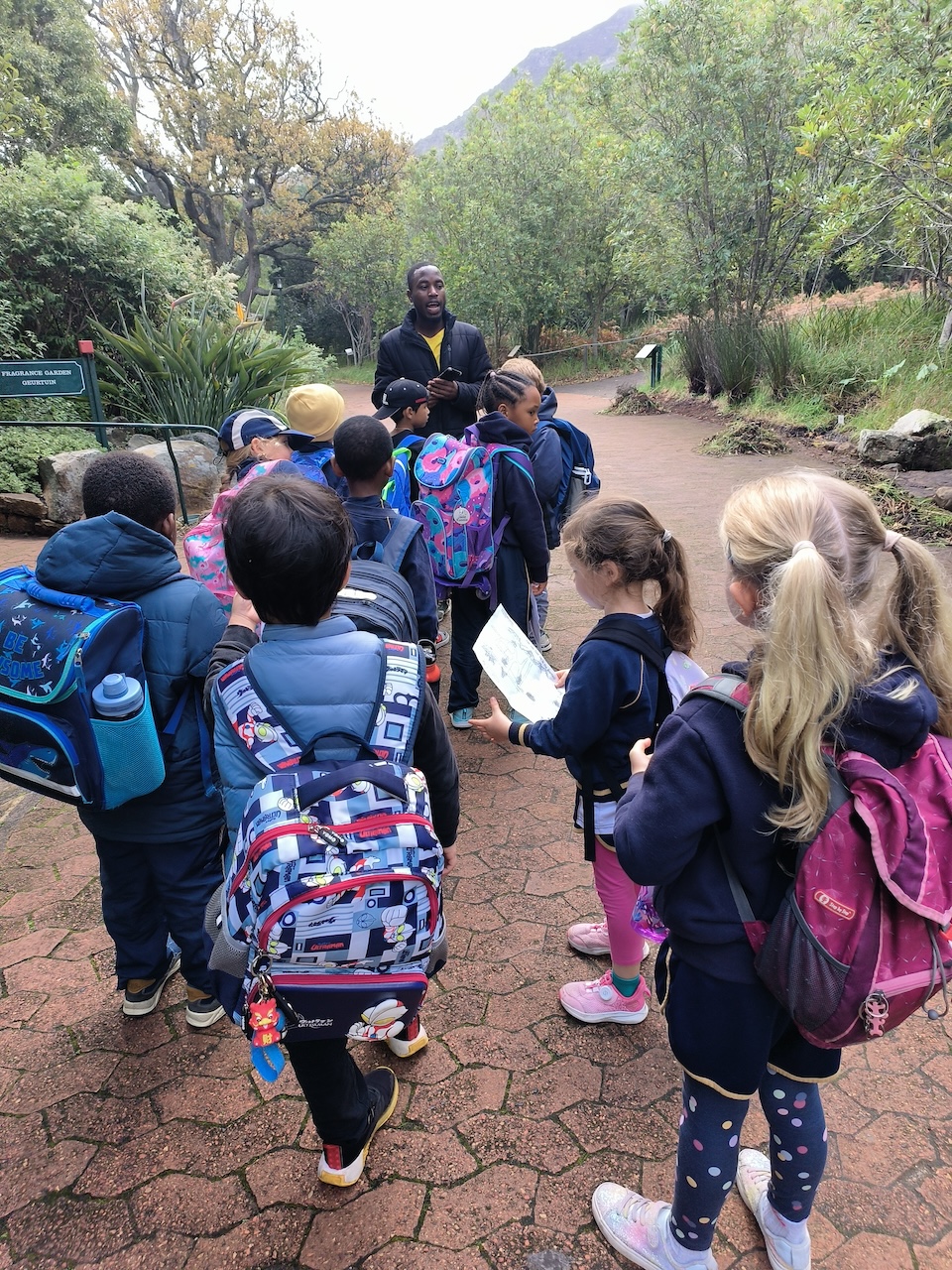
Grade 5 Living Museum: An Interactive Learning Experience
Our Grade 5 Grizzlies also recently hosted a “Living Museum,” a highly interactive and experiential learning experience. The students individually picked a person who inspired them in their daily lives. They researched the person and made a presentation that they later presented to their class. At the AISCT Living Museum, everybody brought that person to life by becoming that person. The audience could ask questions about the person, and the students answered them as the person they embodied. The Living Museum was a fun-filled learning experience for all involved. Every student was excited to get dressed up and become that person they studied. One student said, “I became Anne Frank. I was really excited to talk about her incredible life, which not only inspires me but also millions of other children.”
Why Experiential Learning Matters for Future Success
In conclusion, experiential learning is a powerful tool that shapes how children engage with the world around them. At the American International School of Cape Town, we nurture critical thinking, independence, and a lifelong love of learning by providing hands-on opportunities to explore, create, and problem-solve. This approach enhances academic growth and fosters essential life skills that students will carry with them beyond the classroom.
As educators and parents, embracing experiential learning means setting the foundation for well-rounded, curious, and adaptable individuals ready to thrive in an ever-evolving world. We encourage you to explore more experiential learning opportunities in your community and consider how to integrate these valuable experiences into your child’s education. If you are interested in providing your child with a dynamic learning environment that emphasizes experiential learning, we invite you to apply to our school today!
